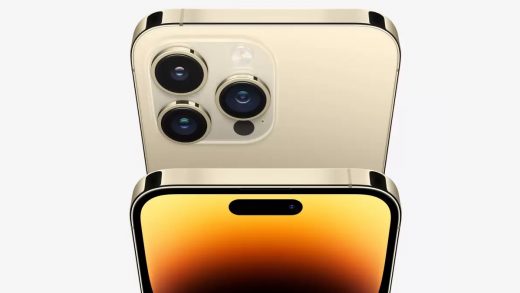
Apple Inc.’s iMessage and Microsoft Corp.’s Bing search engine, Edge web browser and Advertising service will avoid strict new European Union rules reining in Big Tech platforms. A probe concluded that the services don’t hold a dominant enough position to be regulated under the EU’s Digital Markets Act, the European Commission announced on Tuesday. Apple and Microsoft said they welcomed the decision in separate statements following the announcement.
The decision from EU regulators is a win for the two US firms, which would have been obliged to adapt their services to meet a swathe of new obligations and prohibitions designed to limit market power abuses. The decision confirms an earlier Bloomberg News report that the services would escape the scope of the tech crackdown.
The EU’s DMA strikes at the heart of the business models of six of the world’s most powerful technology firms deemed to be digital “gatekeepers.” While some of their services are now set to be exempt, Microsoft and Apple — alongside Meta Platforms Inc., Alphabet Inc.’s Google, Amazon.com Inc. and TikTok owner ByteDance Ltd. — will still face a raft of new obligations aimed at preventing them from abusing their dominance in other parts of their business.
For Microsoft this includes its Windows operating system for PCs and LinkedIn social media platform. For Apple, it includes its iOS mobile operating system, App Store and Safari browser.
Under the law, it will be illegal for the designated firms to favor their own services over those of rivals. They’ll be barred from combining personal data across their different services, prohibited from using data they collect from third-party merchants to compete against them, and will have to allow users to download apps from rivals platforms.
The new rules are set to fully come into play on March 7.
© 2024 Bloomberg L.P.
(This story has not been edited by NDTV staff and is auto-generated from a syndicated feed.)
For the latest tech news and reviews, follow Gadgets 360 on X, Facebook, WhatsApp, Threads and Google News. For the latest videos on gadgets and tech, subscribe to our YouTube channel. If you want to know everything about top influencers, follow our in-house Who’sThat360 on Instagram and YouTube.




